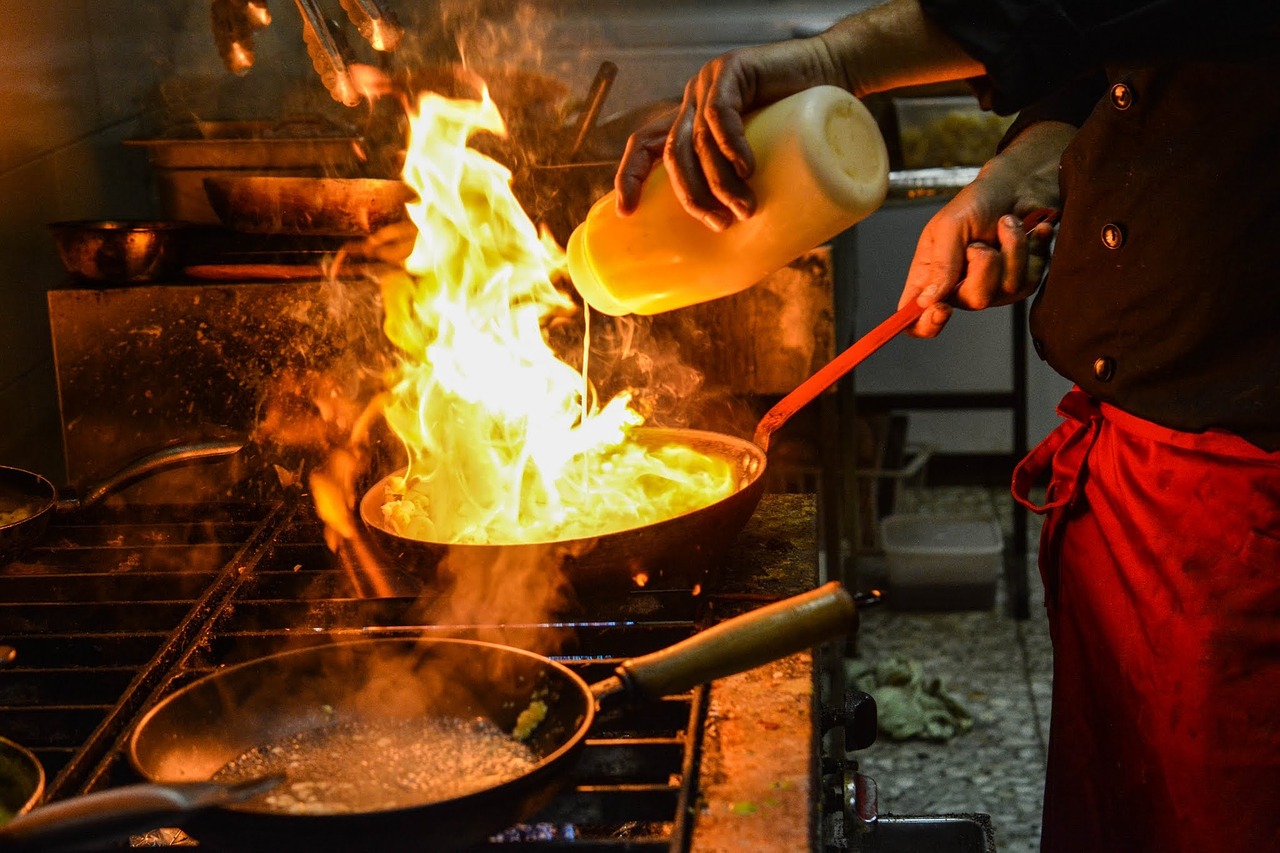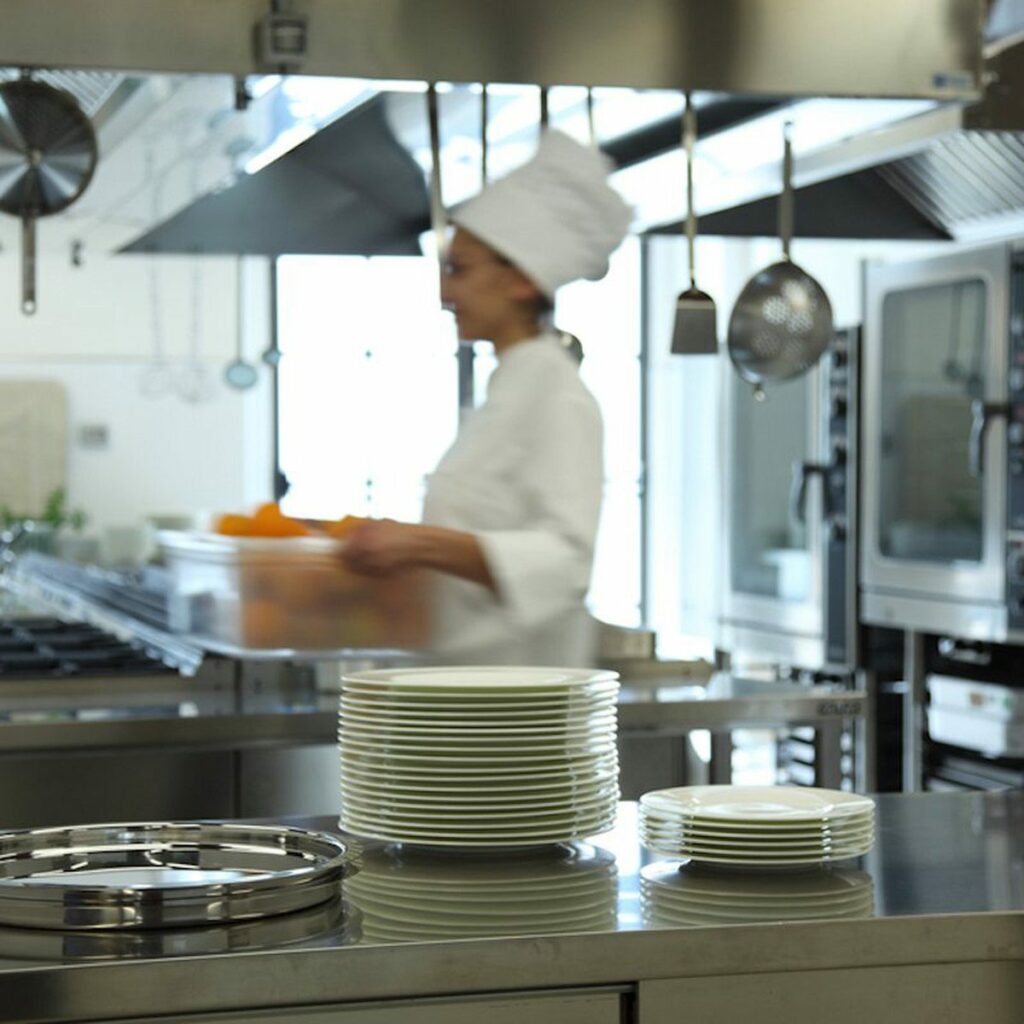Harassment in Hospitality – An Analysis from the National Chefs Union
It is important to bear in mind, when reading this article, that there are kitchens across the UK which exist in a different context to the ones we most often come across through Countertalk. There are vast swathes of our industry which are not not fuelled by a passion for the profession, and not touched by the discourse that we participate in. They are however touched by the culture of harassment that has been at best permitted, and at worst glamourised. We are doing better and better in our corner of the industry, but Brian reminds us that there are places which are still wholly behind the curve, and we have a responsibility to remember them and to widen our field of vision. The more we are aware of the whats and the whys, the louder we talk about the right way to act, the further we can get to a wider culture change.
By Brian McElderry, Executive Director, Unichef
Recent events have shown to the media and outside world that a shocking environment exist inside of many UK kitchens. Yet within the industry none of this is of any surprise, such is the now systemic nature of workplace abuse within our sector.
Everyone is puzzled as to how and why this would be in a modern working environment, but to analyse the matter one must appreciate the demographics of the workforce and the cultural changes that had enabled these vile practices to exist and thrive.
Professor Wendy Bloisi’s ground-breaking research into the background of bullying in commercial kitchens has acted as our Union’s bible for many years.
In her thesis she explains that social and economic factors bear heavily on the mainly un-academic platform of hospitality employees and namely chefs in kitchens who are mostly kids off the street who have a talent to cook but little else. Chefs are by and large are often seen as unskilled and problematic.
Those factors are born out when Chefs then bring their cultural ideologies and traits into an un-policed workplace where they are “safe” to bully and intimidate within their own peer group, without fear of retaliation, discipline or indeed prosecution.
If we then subscribe to the now widely held social belief that “abuse breeds abuse” whether it be in the home, marriage or school, then also that must apply to the workplace also, and some kitchens in particular, which can be no more than a “playground” for bullies.
Glorification of kitchen abuse and its effects
All of this has been ingrained into our workplace over the last 10-15 years by the “glorification” of kitchen abuse by chefs such as Gordon Ramsay and programs such as Hell’s Kitchen and the F Word. Ramsay himself came from an abusive background and strict culinary teaching and so that has perpetuated into his work.
Those who idolise him copy his actions and believe that to be correct, normal and even “cool”, and so it goes on, from generation to generation. Chef Ramsay may well be a reformed character, but the damage has been done and will last for many years to come.
This “gladiatorial” display of bullying, played out in front of millions, is now a main factor in just why “bullying and harassment has become systemic within UK kitchens”. Many factors play their part in people who abuse – such as lack of confidence and self-esteem. We should remember that they and are often acting out a defence mechanism, which is their way of self-protection.
Both Chefs and the wider public have now accepted this as the way kitchens are run, and it is without doubt the disease that has crept up upon us and has led to the now “normalisation” of abuse and harassment that we see today.
Change can only be affected by constant education of our peers, our employers, the media, and most importantly, our students coming into the industry. We must learn from the past mistakes of others and make a conscious decision that as “professionals” we are sometimes not as professional as we should be. Perhaps we should look to other professions that show us a better example of how to treat our colleagues.
Abuse is a plague within our sector that has to be stamped out by all who work within it. We are all part of a precious and special profession, a profession that cares for our clients but fails to care for those that work within it. We can do better and we must do better.



First published on the National Chefs’ Union website on August 7th 2021.
